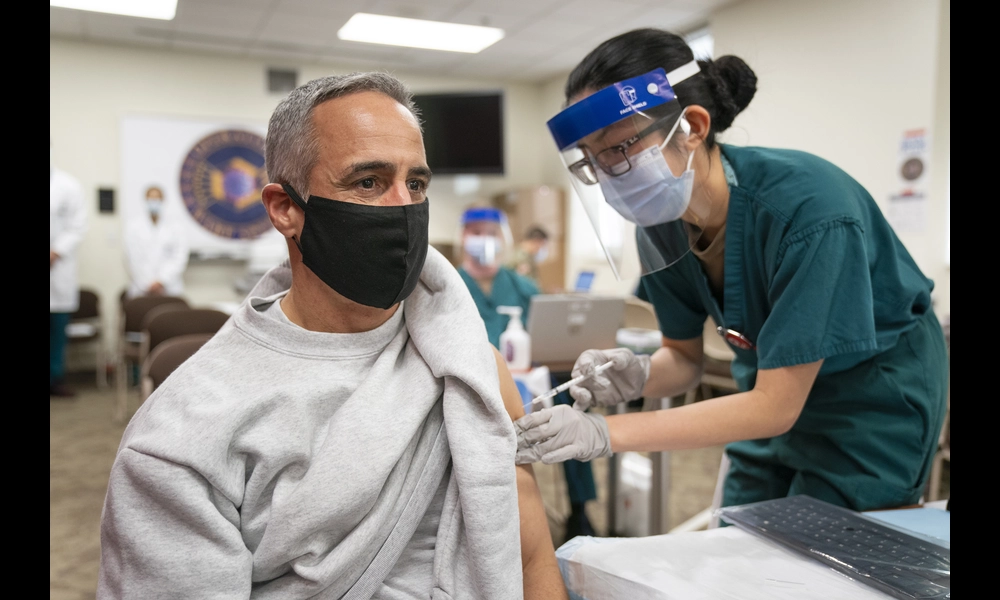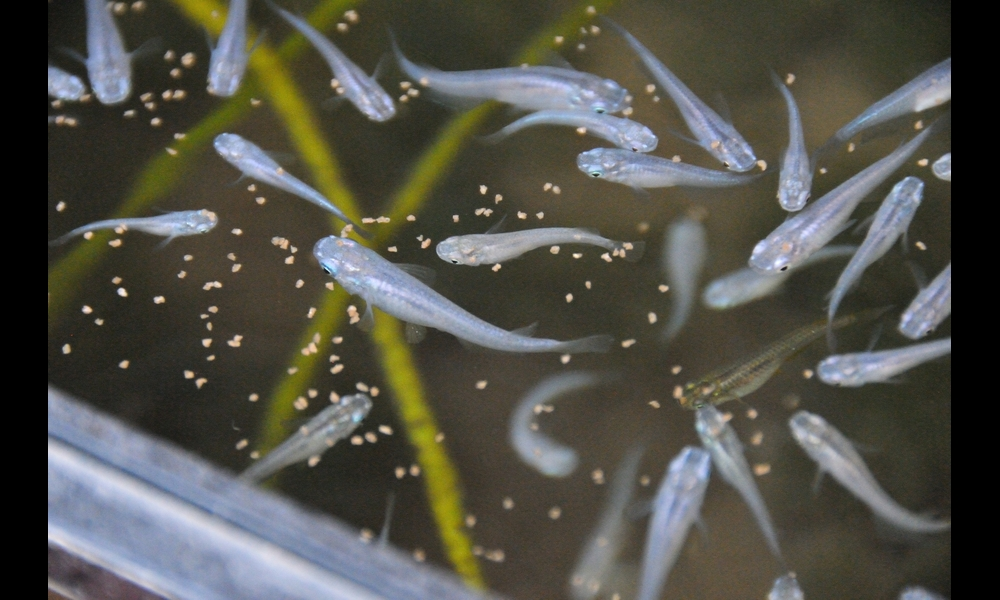Post-Infection COVID-19 Vaccination Halved Risk of Reinfection During Omicron Surge: Shanghai Study Claims
Published on Wed Jan 10 2024 File:COVID Vaccine (50745583447).jpg | MarginalCost on Wikimedia
File:COVID Vaccine (50745583447).jpg | MarginalCost on WikimediaIn a groundbreaking study conducted in Shanghai, a team of researchers from the Department of Epidemiology at Fudan University, Shanghai Pudong New Area Center for Disease Control and Prevention, and other contributing institutions have unveiled compelling evidence on the protective effects of post-infection COVID-19 vaccination. Amidst the ongoing battle with recurring waves of COVID-19, specifically with the highly transmissible Omicron variant, this research offers a glimmer of hope and invaluable insights that could significantly influence global vaccination policies and strategies. Spanning between April and May 2022, during the height of the Omicron variant surge in Shanghai, an impressive cohort of over 199,000 individuals who had previously been vaccinated and infected were meticulously analyzed to understand the benefits an additional vaccine dose could offer against reinfection.
The key findings of the study indicate that administering a post-infection vaccine dose indeed furnishes considerable protection against SARS-CoV-2 reinfection, with adjusted hazard ratios underscoring the efficacy across various vaccine types and prior immunization statuses. Particularly noteworthy is the measured protective effect nearly halving the risk of reinfection when the post-infection vaccine was administered close to the onset of the subsequent Omicron wave. These revelations not only underscore the importance of continuing vaccination efforts even after infection but also highlight the nuanced benefits tied to the timing and sequence of the vaccine doses received.
For the general populace, this study sends a crucial message about the ongoing necessity of vaccination in the face of COVID-19's evolution and persistence. The research meticulously demonstrates how post-infection vaccination serves not just as an additional layer of defense, but potentially as a critical component in the strategy to mitigate the virus's impact and manage its spread effectively. With vaccine fatigue becoming a palpable concern, the findings from Shanghai's experience offer a compelling case for revising public health advisories and vaccination campaigns to adapt to the virus's dynamics, ultimately saving lives and easing the burden on healthcare systems.
Furthermore, the study's exploration into the differences in vaccine effectiveness based on demographic factors, previous infection severity, and the type of vaccine administered post-infection, provides a granular view that could inform more personalized and effective public health recommendations. As the world continues to navigate the complexities of the pandemic, such research is invaluable, offering evidence-based guidance that could shape the forthcoming phases of our global response to COVID-19.



